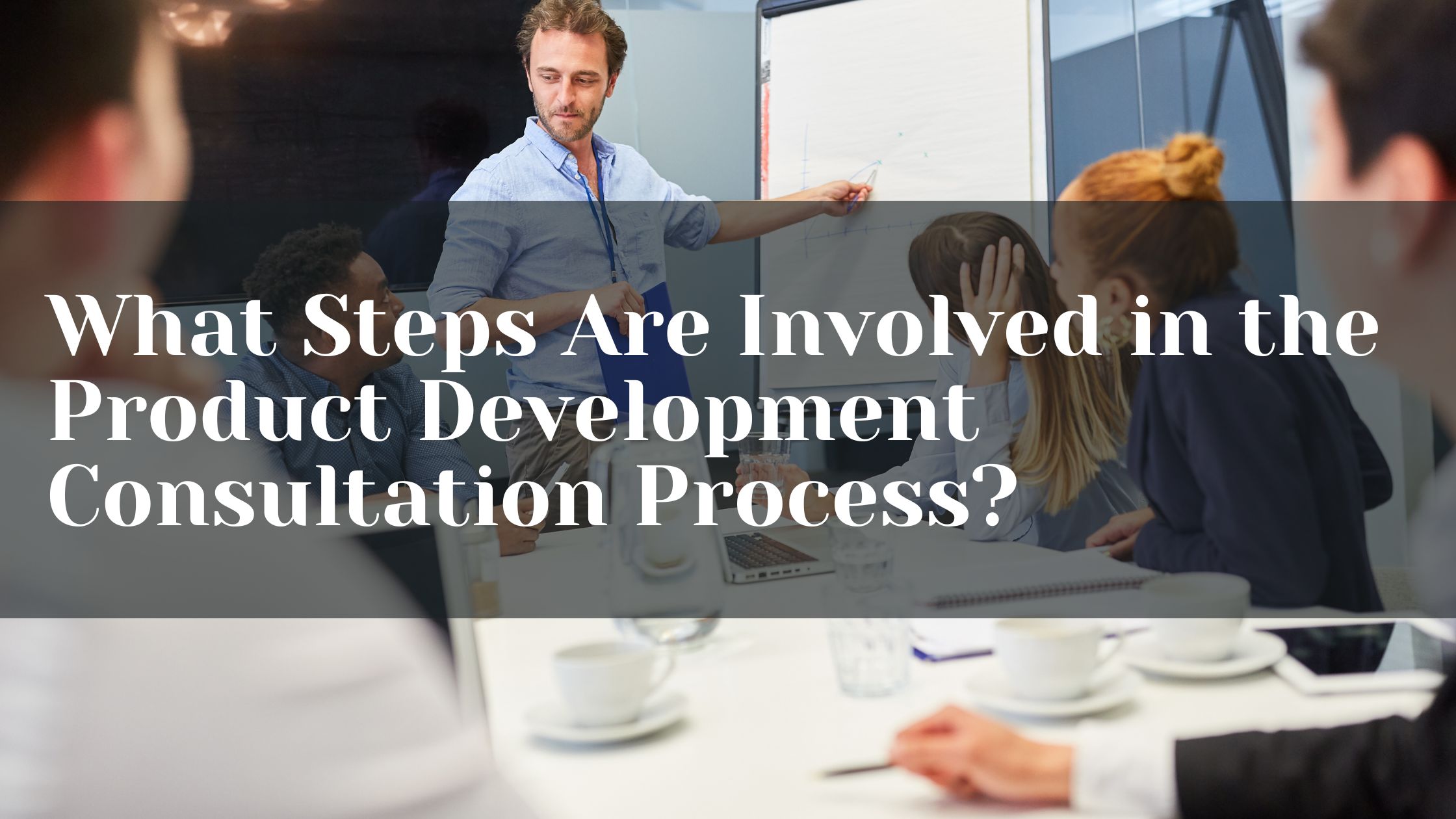Consulting on product development is essential for contemporary companies to stay innovative and competitive. Consultants assist businesses in clarifying concepts, reducing risks, and allocating resources as efficiently as possible. They do that by bringing new viewpoints, market insights, and technical experience.
From concept to market, a product development consultant can help companies with every step of the product lifecycle. Additionally, they make sure that the final product meets consumer demands and market trends.
Moreover, this strategic guidance enables organizations to quickly adjust to shifting market conditions. These consultants help businesses by promoting agility, reducing costly errors, and quickening time-to-market.
By and large, product development consulting strengthens a company’s capacity to prosper in a changing business environment. Plus, it stimulates innovation and improves product quality. Let us now have a close look at the steps involved in the process…
Key Steps Involved in the Product Development Consultation Process
Product development consultation involves several key steps to help businesses. These steps include:
Idea Generation:
The process begins with identifying product ideas and concepts. Consultants collaborate with the business to brainstorm and evaluate potential opportunities.
Market Research:
Extensive market research is conducted to assess the demand, competition, and target audience for the product. This includes analyzing trends, customer needs, and market gaps.
Concept Development:
Consultants help refine the product concept, including its features, design, and functionality, aligning it with market insights and customer preferences.
Feasibility Analysis:
Assessing the technical and financial feasibility of the product idea is crucial. This step involves budgeting, resource allocation, and risk assessment.
Prototype Development:
Creating a prototype or minimum viable product (MVP) is essential to test the concept’s viability and gather feedback.
Design and Engineering:
A product development consultant collaborates with designers and engineers to develop the product. He does that by considering aspects like user experience, functionality, and manufacturing requirements.
Testing and Iteration:
The product goes through rigorous testing and evaluation. Feedback is incorporated, and iterative improvements are made to enhance product quality.
Regulatory Compliance:
If applicable, consultants ensure the product complies with industry regulations, standards, and certifications.
Manufacturing and Production:
Consultants assist in selecting manufacturing partners, establishing supply chain processes, and ensuring quality control.
Market Launch:
Consultants provide guidance on marketing strategies, pricing, distribution channels, and the go-to-market plan.
Monitoring and Feedback:
After the product launch, ongoing monitoring and feedback collection help refine the product and adapt to changing market conditions.
Scaling and Growth:
As the product gains traction, consultants assist in scaling production, expanding market reach, and planning for future iterations or product lines.
Product development consultants aim to optimize the product development journey. Moreover, they help to mitigate risks and increase the chances of delivering a successful, market-ready product.
Now, let us have a look at some pointers you need to keep in mind while selecting a consultant for your product development project…
How to Select Product Development Services?
Selecting the right product development services is crucial for the success of your project. Here are key points to consider when making your selection:
1. Define Your Needs:
- Clearly outline your project requirements, objectives, and goals.
- Understand the scope of work, budget, and timeline for your product.
2. Research and Shortlist:
- Research product development service providers online, through referrals, or industry networks.
- Create a shortlist of potential companies based on their expertise, experience, and reputation.
3. Check Expertise:
- Ensure the service provider has experience in your industry or a relevant field.
- Review their portfolio to see if they have successfully handled similar projects.
4. Evaluate Capabilities:
- Assess their technical expertise, including design, engineering, and prototyping capabilities.
- Check if they have access to necessary resources and technology.
5. Understand Their Process:
- Inquire about their product development process, methodologies, and how they handle project management.
- Make sure their approach aligns with your project’s needs.
6. Client References:
- Ask for client references and testimonials to gauge their past performance.
- Contact previous clients to get insights into their experience.
7. Communication and Collaboration:
- Ensure that the service provider values clear communication and collaboration.
- Discuss how they will keep you informed and involved throughout the project.
8. Cost and Budgeting:
- Request a detailed breakdown of costs and payment terms.
- Be wary of providers who offer significantly lower prices, as this can sometimes compromise quality.
9. Timeline and Deadlines:
- Discuss project timelines and deadlines to ensure they align with your business goals.
- Understand their ability to meet delivery schedules.
10. Intellectual Property Rights:
- Clarify ownership of intellectual property (IP) for the product.
- Ensure that the service provider respects your IP and confidentiality.
Choosing the right product development services requires thorough research, due diligence, and a comprehensive understanding of your project’s unique needs and goals.



